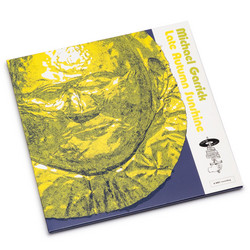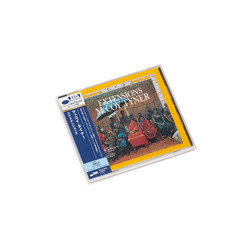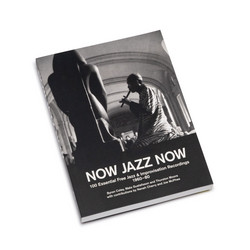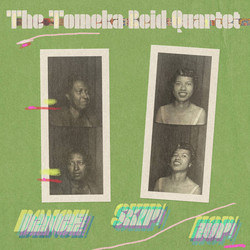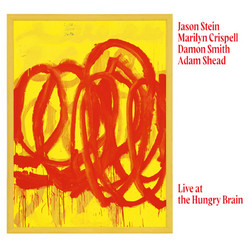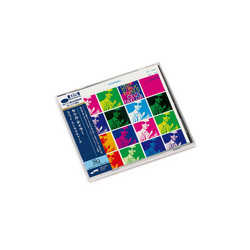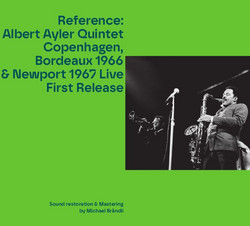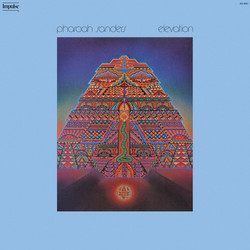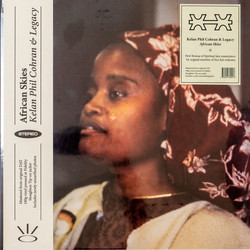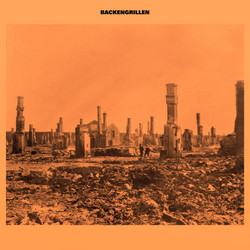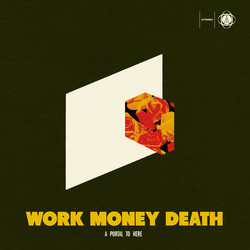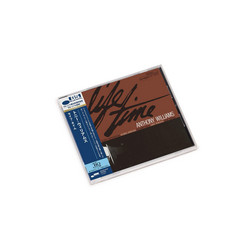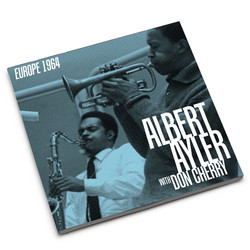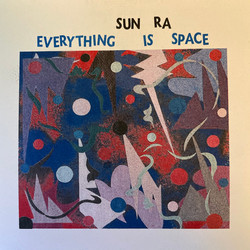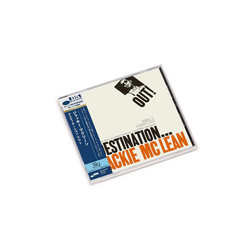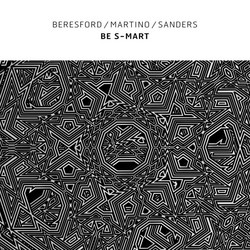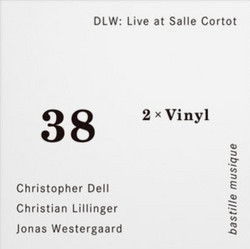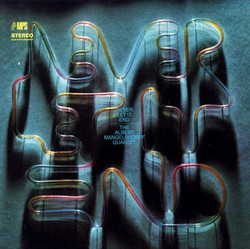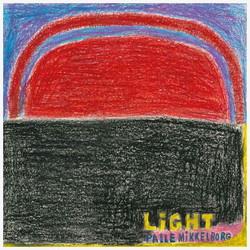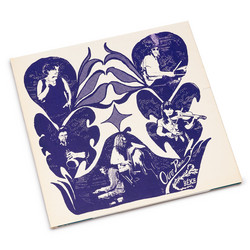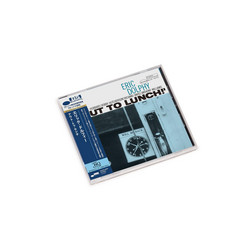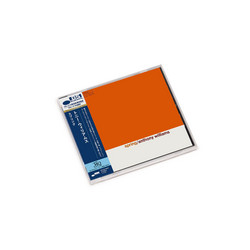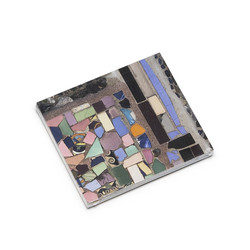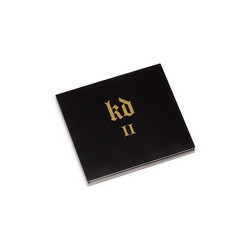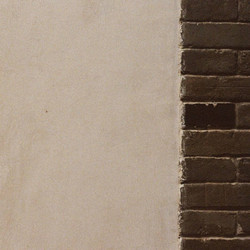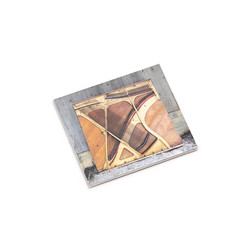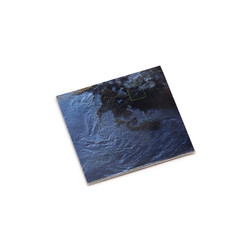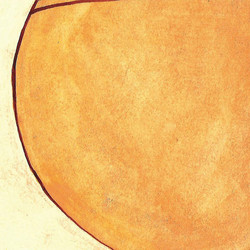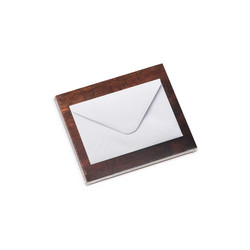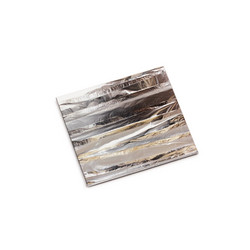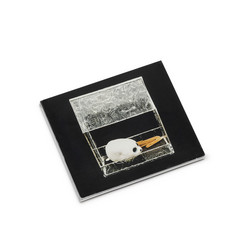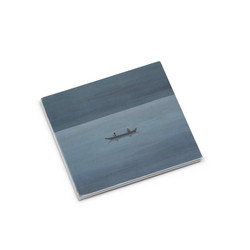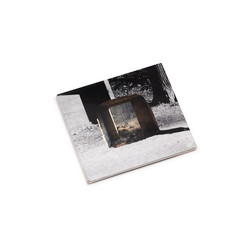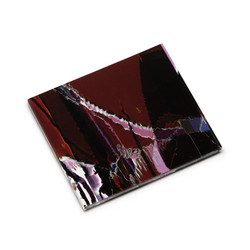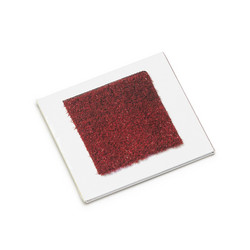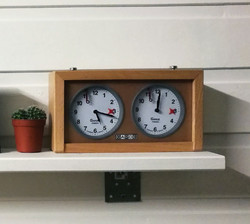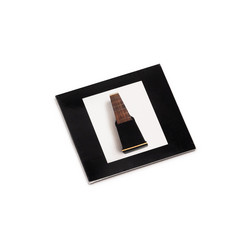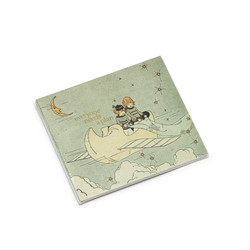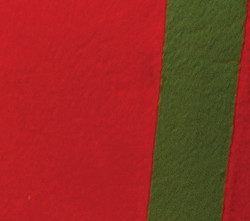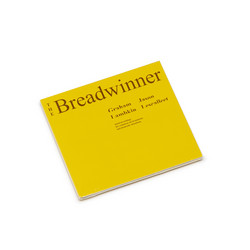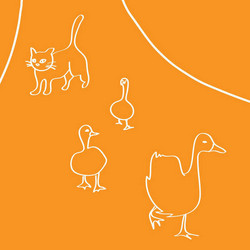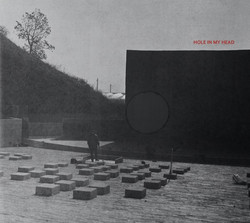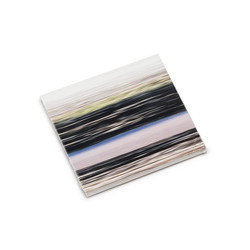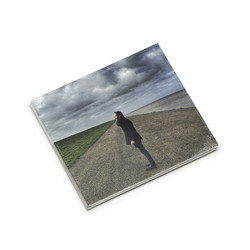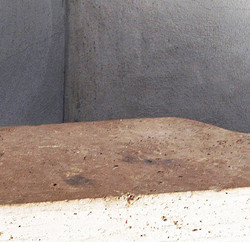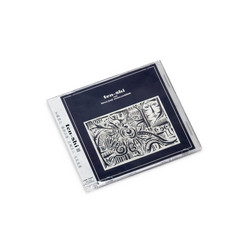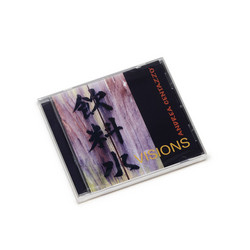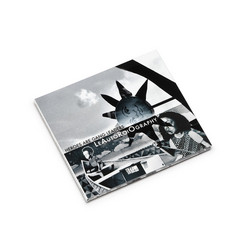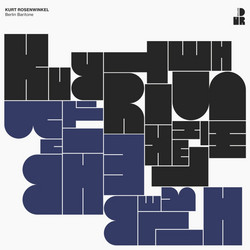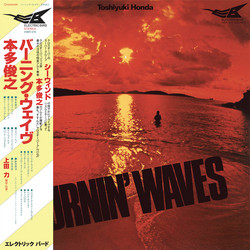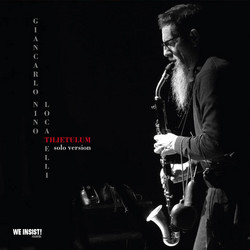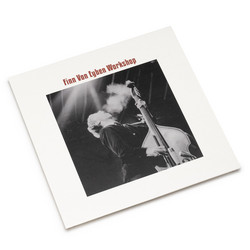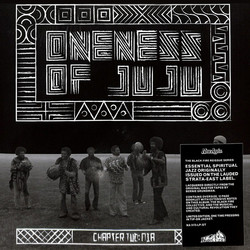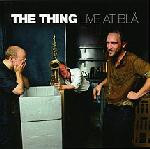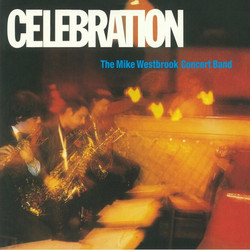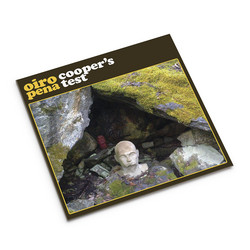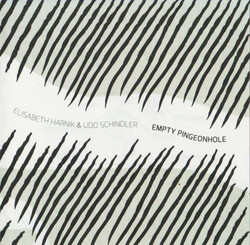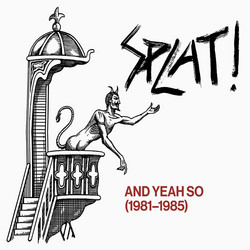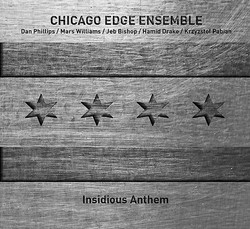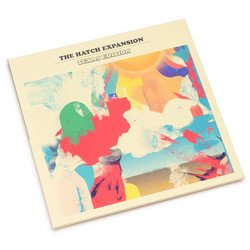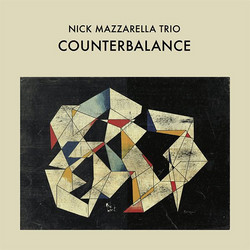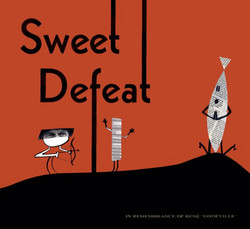Keith ROWE - Axel DÖRNER - Franz HAUTZINGER
A view from the window
A couple years before this session, Rowe recorded with two soprano saxophonists, Michel Doneda and Urs Leimgruber (The Difference Between a Fish on Potlatch), a session that, while providing some interesting music, had its share of problems. Central to these was the difficulty many saxophonists have in shedding the "baggage" accumulated while playing in jazz bands as opposed to working in non-idiomatic, free improvisatory forms. For whatever reason, possibly having to do with the ability to abstract their sound so that the clearly human, gestural element can be masked, brass players seem to possess greater ease in accommodating themselves to this sort of environment. Here, Rowe enlisted the services of two extraordinary musicians, Axel Dörner and Franz Hautzinger (each with plenty of experience in more straight ahead jazz ensembles as well as many experimental groups) and the results are exemplary. Neither trumpeter produces any sound that one might normally associate with the instrument, instead deploying an amazing range of breath tones, burbles, cavernous roars and other ephemera, all wonderfully integrated into the stunning electronic canvas prepared for them by Rowe. As was his habit at this point in his career, the guitarist tends to lays a subtle, self-effacing groundwork, to be almost "not there", that serves to enhance his companions' playing rather than to stand overtly alongside. The two long pieces display the kind of relaxed intensity that's the hallmark of fine electro-acoustic improvisation: the musicians are confident enough not to hurry along their ideas, allowing the form to take shape in a natural manner, from quieter sections where they flit about each other in search of sustenance to the massive crescendi that appear out of nowhere, like a sudden storm on a prairie. Where the first track percolates from one territory to another, the second is somewhat more linear, beginning as a powerful drone before shedding layer after layer and ultimately evanescing. One often entirely forgets what the particular instrumentation is; the music simply takes over as an entity unto itself. If Rowe's radio captures a contemporary, schmaltzy pop song, it takes its place in the proceedings as though it's the most natural thing in the world for it to be accompanied by two gurgling trumpeters. A View from the Window is as clear and as fascinating as the image evoked by its title: the same but endlessly changing, focused yet challenging to decipher. It's a superb recording.5
Details
Cat. number: erstwhile 041
Year: 2005
